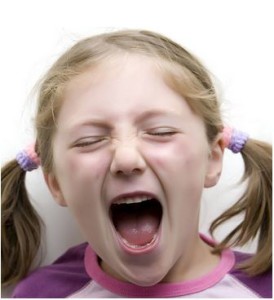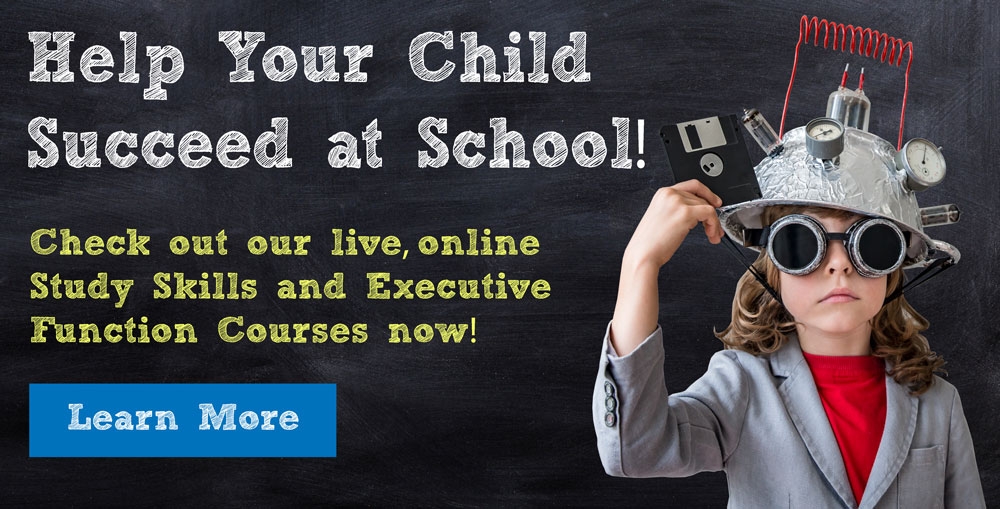Response inhibition is the conscious choice to ignore other stimuli (mental or environmental) that would detract from the attention and concentration being given to a particular task.
At school, children who struggle with these skills may present as fidgety, disorganized, hyperactive, overly talkative, anxious, unfocused, impulsive, or bored. It is difficult to keep them focused on the task at hand, their school work is likely below average, and it may be difficult to draw their attention into a particular activity. As a result, these children may also be disruptive in the classroom.
At home, parents may notice that their child forgets about assignments, leaves essential materials at school, needs to be told instructions several times, and has trouble letting energy out in a productive, organized way. Parents may also notice that compared to other children of the same age, their child is particularly impulsive and has trouble taking the time to make safe plans or to choose a best option.
During a neuropsychological evaluation, a child’s attention, concentration, and inhibition may be tested with measures that assess auditory attention, visual attention, impulse control, comprehension of instructions. Response inhibition is often measured by tests such as the Conners’ Continuous Performance Test, the Inhibition Scale of the NEPSY-II, and the Color Word Interference Test of the D-KEFS.
In addition to the Executive Skills Questionnaire, many other psychological assessment tools measure the skill of response inhibition. On the Barkley Deficits of Executive Functioning Scale, there are 2 scales that directly assess the components of “response inhibition,” the Self restraint items and the Self-regulation of emotion items. The BRIEF has the Inhibit scale which measures behavioral inhibition and the Emotional Control scale which measures affective regulation. The Brown ADHD scales tap into Self-Control via the Managing Frustration and Modulating Emotions Scale (Affective Regulation) and the Monitoring and Self-Regulation Action Scale ( Response Inhibition).
Here are some articles to help you learn more about Response Inhibition:
Thinking Skills: Self-Control: The premier resource for executive function information, offering a detailed explanation of response inhibition, tips for parents, and activities to improve this skill.
How to Discipline Children and Help Them Develop Self-Control: This site offers examples and techniques for parents to use when helping their children to develop self-control.
Helping Children Develop “Impulse Control”: This site provides tips for instilling impulse control in their children, as well as links to other informative sites on related topics.
Teaching Young Children Self-Control Skills: Information for Parents and Educators: This handout describes important step-by-step strategies and skills for parents and teachers who are hoping to teach self-control skills to children.
Photo Credit to: Ben Francis / CC BY 2.0
Receive online class information and helpful tips from Dr. Randy Kulman's LearningWorks for Kids |





